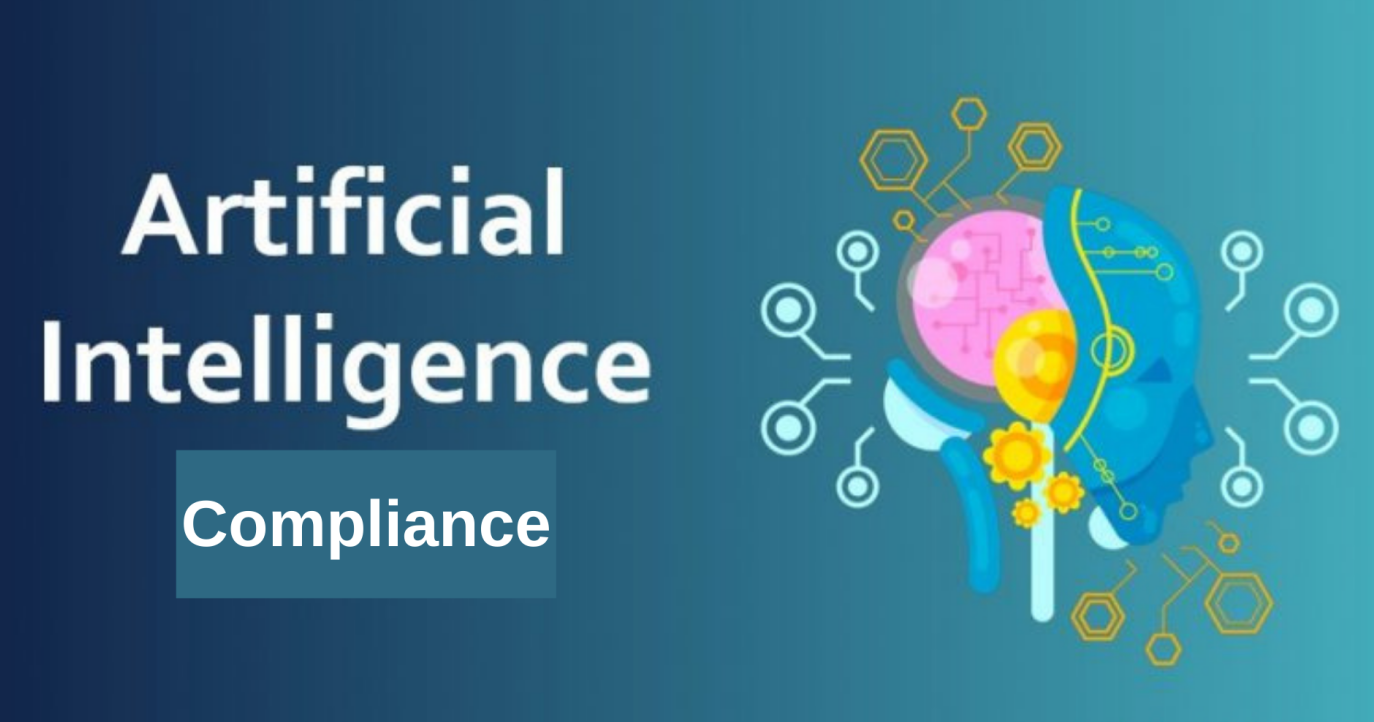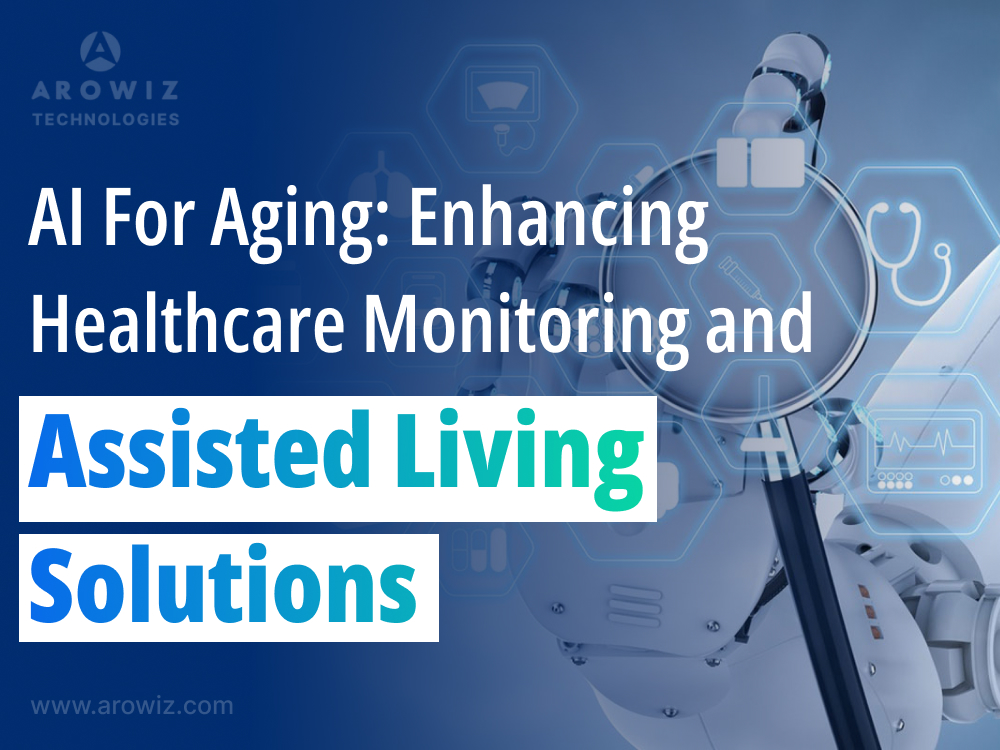In today’s fast-paced digital landscape, businesses are constantly seeking innovative solutions to enhance efficiency and stay ahead of the competition….
Boost Your Customer Base: Achieve AI Compliance to Secure 83% of Clients
admin
- June 13, 2024
4 min read

In today’s fast-paced digital landscape, businesses are constantly seeking innovative solutions to enhance efficiency and stay ahead of the competition. One such solution gaining traction is AI compliance.
What is AI compliance?
AI compliance refers to the adherence of artificial intelligence systems to regulations, standards, and ethical principles governing their development and deployment.

Why is AI compliance needed?
Supercharge your startup with our FREE MVP Guide E-Book
Download it now to kickstart your growth and turn your ideas into reality.
With the proliferation of AI technologies across various industries, ensuring compliance is crucial to mitigate risks associated with data privacy, security breaches, and algorithmic bias.
Why is AI compliance useful?
AI compliance instills trust among consumers, enhances data protection measures, and fosters responsible AI practices, ultimately safeguarding both businesses and their clientele.
6 Types of AI compliance:
1. Data Privacy Regulations: Laws governing the collection, processing, and sharing of personal data to protect individuals’ privacy rights, such as GDPR and CCPA.
2. Security Standards: Protocols and measures to safeguard data from unauthorized access, alteration, or destruction, ensuring data integrity and confidentiality.
3. Ethical Guidelines: Principles guiding organizations in conducting operations ethically, especially regarding sensitive issues like data usage and AI deployment.
4. Industry-specific Regulations: Sector-specific laws addressing unique challenges, such as healthcare’s HIPAA and finance’s PCI DSS.
5. Transparency Requirements: Obligations for organizations to disclose data practices to users, including data collection, usage, and sharing.
6. Accountability Frameworks: Mechanisms ensuring organizations take responsibility for data management actions, including roles, oversight, and breach handling processes.
6 Features of AI compliance:
1. Robust Data Encryption: Utilizing strong cryptographic techniques to encode data, ensuring its confidentiality and protection from unauthorized access, even if intercepted.
2. Bias Detection Mechanisms: Systems designed to identify and mitigate biases in algorithms or data sets, crucial for ensuring fairness and equity, particularly in AI and machine learning applications.
3. Explainability Algorithms: Algorithms that provide insights into how AI models make decisions, enhancing transparency and trust by explaining the reasoning behind outcomes.
4. Consent Management Tools: Platforms or systems that facilitate the management and documentation of user consent for data collection, processing, and sharing, ensuring compliance with privacy regulations.
5. Continuous Monitoring Systems: Tools that constantly monitor systems and networks for security threats, data breaches, or compliance issues, enabling prompt detection and response to potential risks.
6. Compliance Reporting Capabilities: Features or functionalities within systems that enable organizations to generate comprehensive reports on their compliance status, facilitating regulatory audits and demonstrating adherence to relevant standards and regulations.
6 Benefits of AI compliance:
1. Enhanced Trust and Reputation: By adhering to regulations and ethical standards, organizations build trust with customers and stakeholders, enhancing their reputation and fostering loyalty.
2. Reduced Legal and Financial Risks: Compliance with regulations and security standards mitigates the risk of legal penalties and financial losses resulting from data breaches, non-compliance fines, or lawsuits.
3. Improved Data Security: Implementing robust security measures protects sensitive data from unauthorized access, maintaining its integrity and confidentiality.
4. Ethical and Social Responsibility: Demonstrating ethical data practices aligns with social values and responsibilities, fostering goodwill and trust within communities.
5. Competitive Advantage: Compliance, security, and ethical practices can differentiate organizations in the marketplace, attracting customers who prioritize trustworthiness and responsible data handling.
6. Better Decision Making: Transparent data practices, explainable algorithms, and unbiased data analysis contribute to informed decision-making processes, leading to more effective and ethical outcomes.
6 Utilization Cases of AI compliance:
1. Financial Institutions: Entities like banks and investment firms that provide financial services like banking, lending, and investing.
2. Healthcare Providers: Professionals and facilities that offer medical care and services to patients, including hospitals, clinics, doctors, and nurses.
3. E-commerce Platforms: Websites or apps where businesses sell products or services online and customers can make purchases electronically.
4. Autonomous Vehicles: Self-driving cars equipped with sensors and AI technology to navigate and operate without human intervention.
5. Social Media Networks: Online platforms enabling users to create and share content, connect with others, and engage in virtual communities.
6. Government Agencies: Departments or organizations within the government responsible for implementing laws and providing public services like healthcare, education, and transportation.
Supercharge your startup with our FREE MVP Guide E-Book
Download it now to kickstart your growth and turn your ideas into reality.
6 Use Technologies:
1. Machine Learning Algorithms
2. Natural Language Processing (NLP)
3. Biometric Authentication Systems
4. Blockchain Technology
5. Predictive Analytics Tools
6. Robotic Process Automation (RPA)
The Future of AI Compliance: As AI continues to evolve, so will the regulatory landscape, necessitating ongoing adaptation and innovation to ensure compliance while harnessing the full potential of AI technologies.
How can Arowiz Technologies help with AI compliance? Arowiz Technologies offers cutting-edge AI compliance solutions tailored to your business needs, providing comprehensive risk assessment, implementation support, and continuous monitoring to ensure regulatory adherence.
Conclusion:
In an era defined by data-driven innovation, prioritizing AI compliance is paramount for businesses to thrive ethically, securely, and competitively in the digital age. Embrace AI compliance today to unlock new opportunities, mitigate risks, and build a sustainable future for your business and its stakeholders.
Pro Tip: Regularly update AI compliance protocols to meet evolving regulations and tech advancements.
Tags
- aiCustomerSecure
Our New Letter
Get productivity tips delivered straight to your inbox
Ready for more?

Arowiz Technologies is a Central India-based customer Centric software development & Expert IT Staff Augmentation company ...
FOR JOBS
hr@arowiz.comFOR SALES
sales@arowiz.comMARKETING / BLOGS
info@arowiz.comGET CONNECTED
Top Industry
About Us
Top Services
Hire Expert Developers
- AI / ML Developers
- Blockchain Developers
- DevOps Developers
- Web3 / Gaming Developers
- Full Stack Developers
- AR / VR – Meta Developers
- Python Developers
- Solidity Developers
- Node.js Developers
- ReatJs Developers
- Next.Js Developers
- Flutter Developers
- React Native Developers
- Golang Developers
- Mobile App Developers








